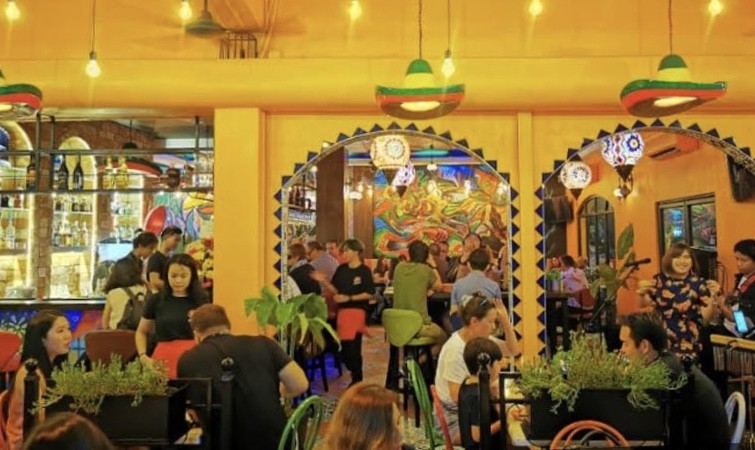
KOTA KINABALU: Business owners in several sectors here concede they have no choice but to tailor their trades to suit the abnormal situation brought about by the Covid-19 threat.
Association of Malaysian Spas president Jeanette Tambakau told FMT her industry was among those most affected since the business thrives, for the most part, on direct human contact.
“Any treatment with direct touch will have to be lessened for now,” she said. “We have to focus on treatments that don’t need direct touch.
“But maybe this will give rise to a series of new and innovative treatments or machines.”
Tambakau is co-founder of Jari-Jari, an award-winning spa and training academy.
Malaysian Medical Association president Dr N Ganabaskaran told FMT people would need to continue observing social distancing and good hand and respiratory hygiene after the movement control order (MCO) is lifted.
He said the battle against Covid-19 would not be over until the the World Health Organization (WHO) declares that the pandemic has ended.
“WHO has also warned against lifting lockdown measures too early,” he added.
Tambakau expects customer behaviours to be different for some time since awareness of virus transmissions is at an all-time high.
“I do not see many coming back until people are confident that they have a hold on the virus,” she said. “Social distancing is likely to become a new normal and will continue to be practised for another six months to a year, or even longer.
“Our guests will focus more on wellness that focuses on nutrition, fitness and lifestyle change to boost their immune systems.
“Our survival now depends heavily on our ability to reimagine our business and how fast we are to reinvent ourselves.
“Most of the spa owners are in the midst of planning to restructure their business models.
“They are addressing the immediate social and mental challenges that the crisis presents to our employees, customers and business partners.”
Social distancing is a challenge as well for restaurants. Even if they cater only to take-out orders, it’s hard to maintain distance between workers in the kitchen.
Brandon Young, who recently opened a Mexican restaurant, said he was finding it difficult to accept the new norm but is nevertheless revamping his operations.
He has been forced to do the rethink because his business, being newly established, does not meet the requirements that would entitle it to any of the government’s help packages.
“It’s highly likely that most people won’t be dining out for a period of time,” he said. “As such, our takeaway options will be enhanced. We will have our own delivery service as well.”
Mary Jim, who works with ethnic communities to produce local crafted accessories, faces the prospect of downsizing her operations which involve 28 people working in an office and about 100 more in villages across Sabah.
She said she was reluctant to dismiss workers but might not be able to avoid doing so in order to ensure the continuation of her operations and adherence to industry standards.
“As an employer, I am aware of the importance of staying safe and healthy by using the necessary equipment during the MCO,” she said.
“However, to ensure that Covid-19’s spread is curbed, our company will consider allowing employees and the community to work at flexible hours and to avoid social gatherings.
“We will work out the mechanism for how this can be imposed immediately after the MCO period.”
She said her company might be forced to keep only key personnel and ask others to go on unpaid leave.
“Our small company can’t afford to pay their salaries in full,” she said.
Source : https://www.freemalaysiatoday.com/category/nation/2020/04/15/sabah-firms-adapting-to-new-normal/

